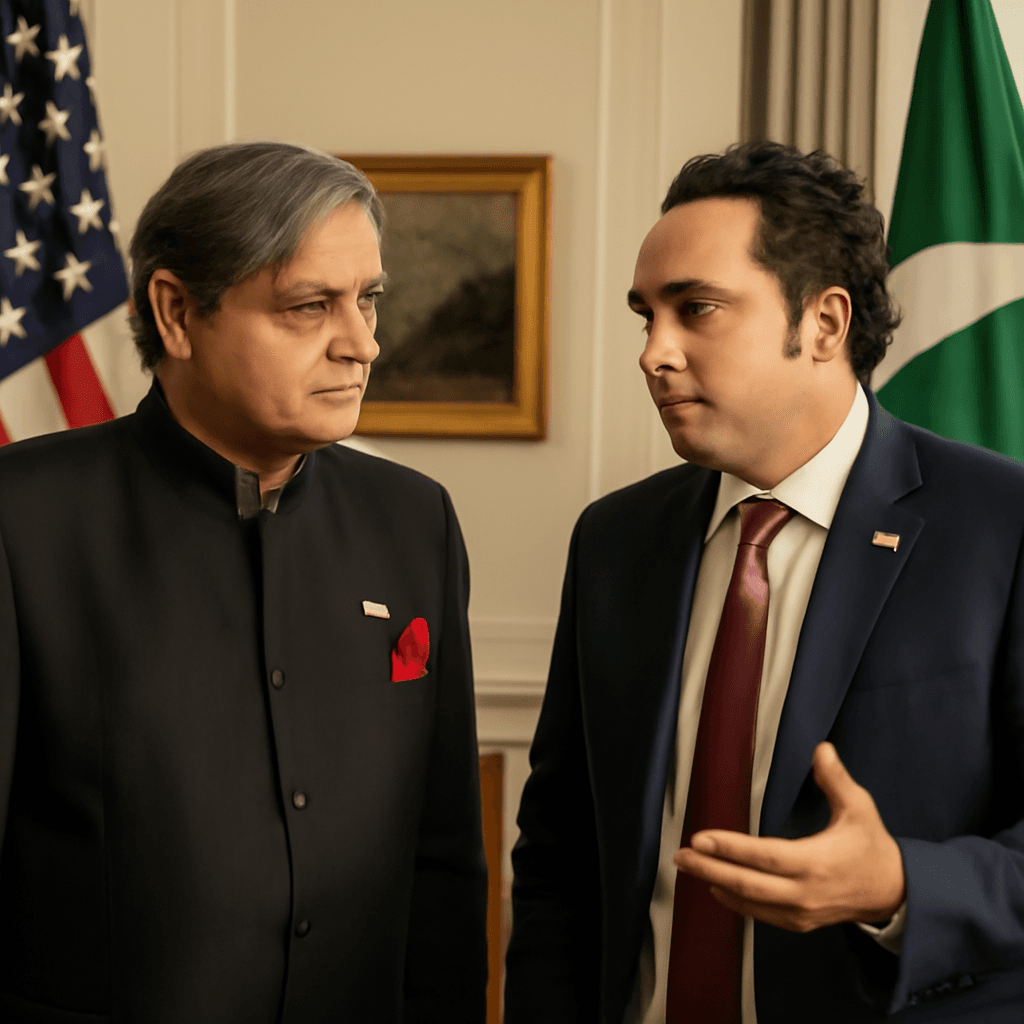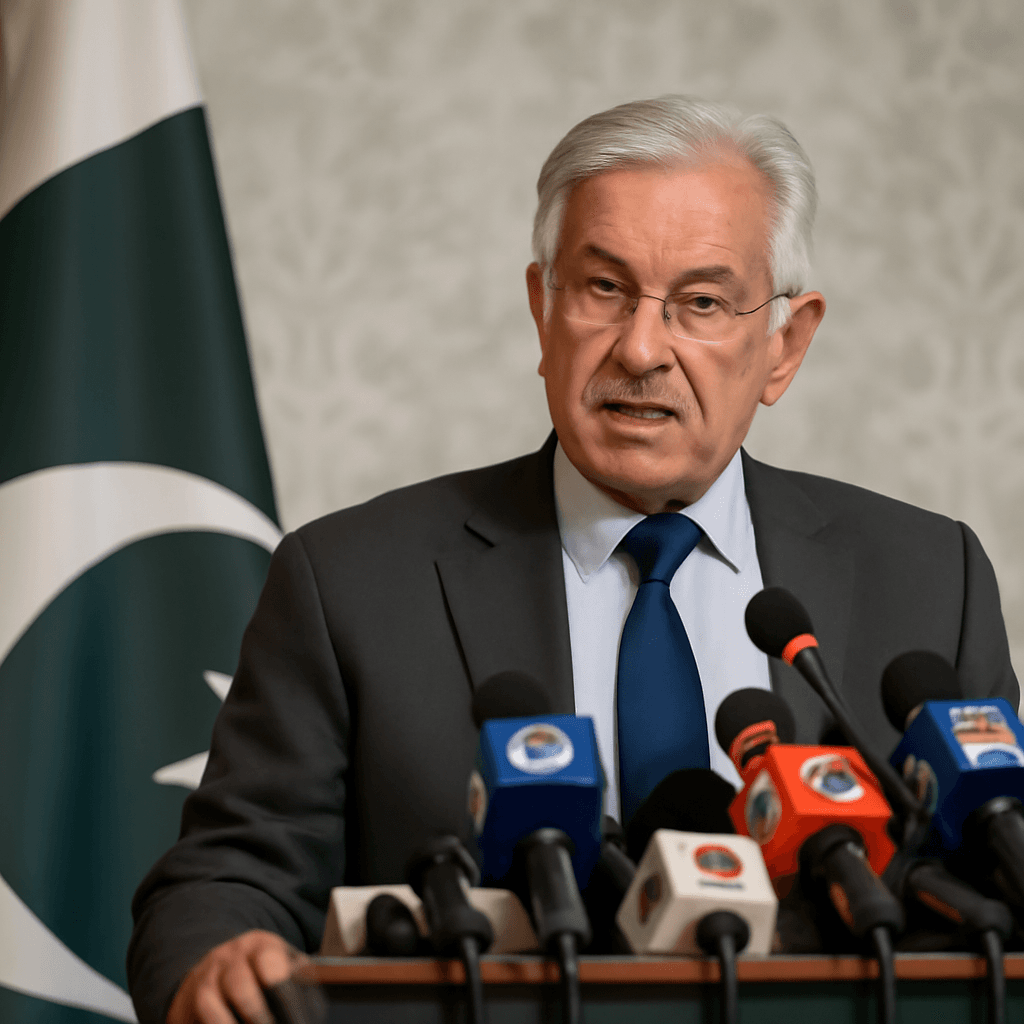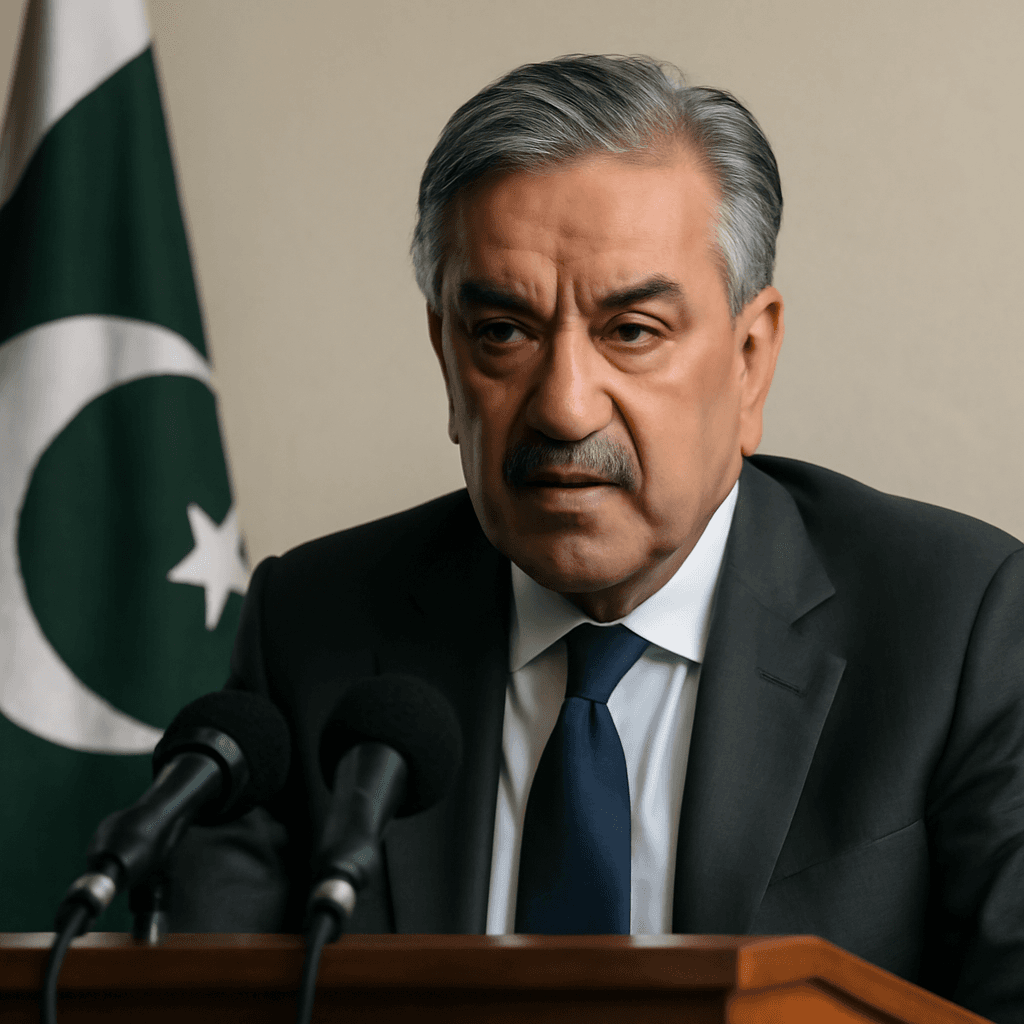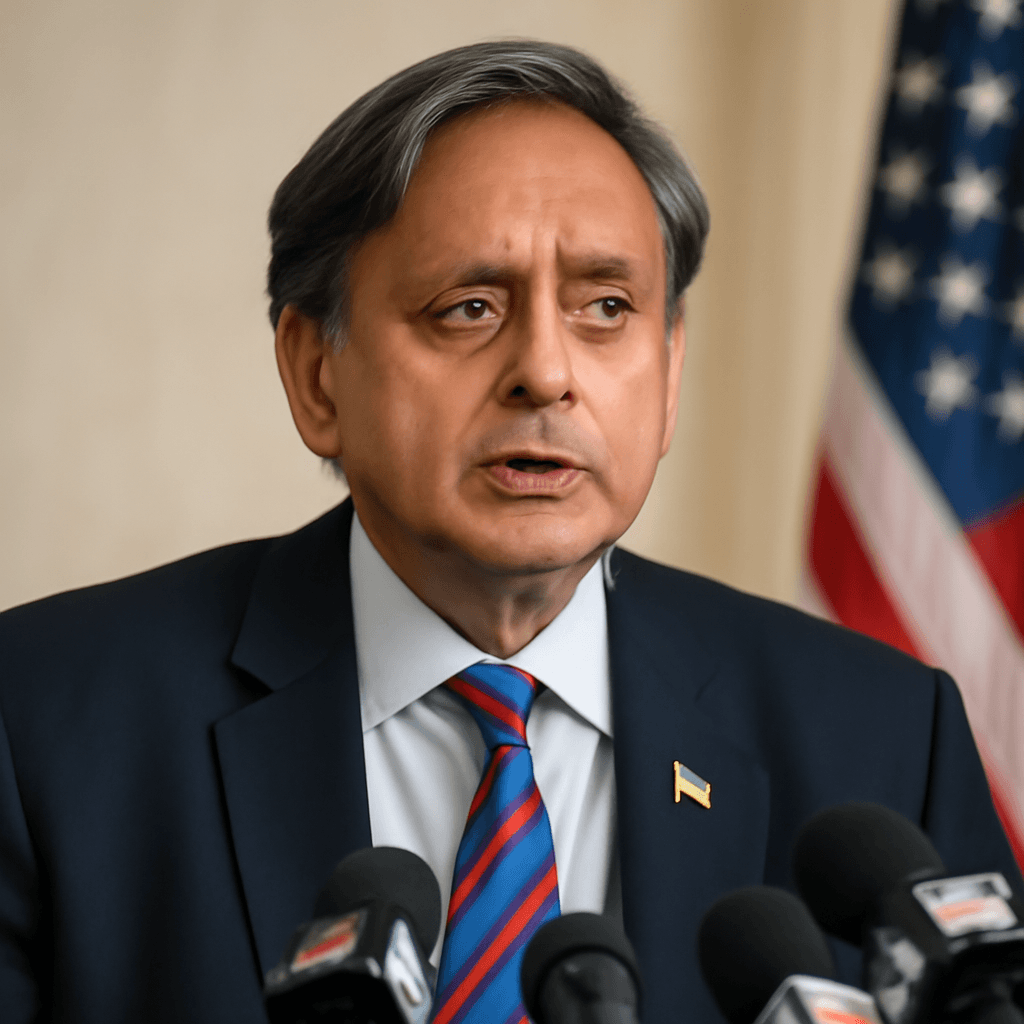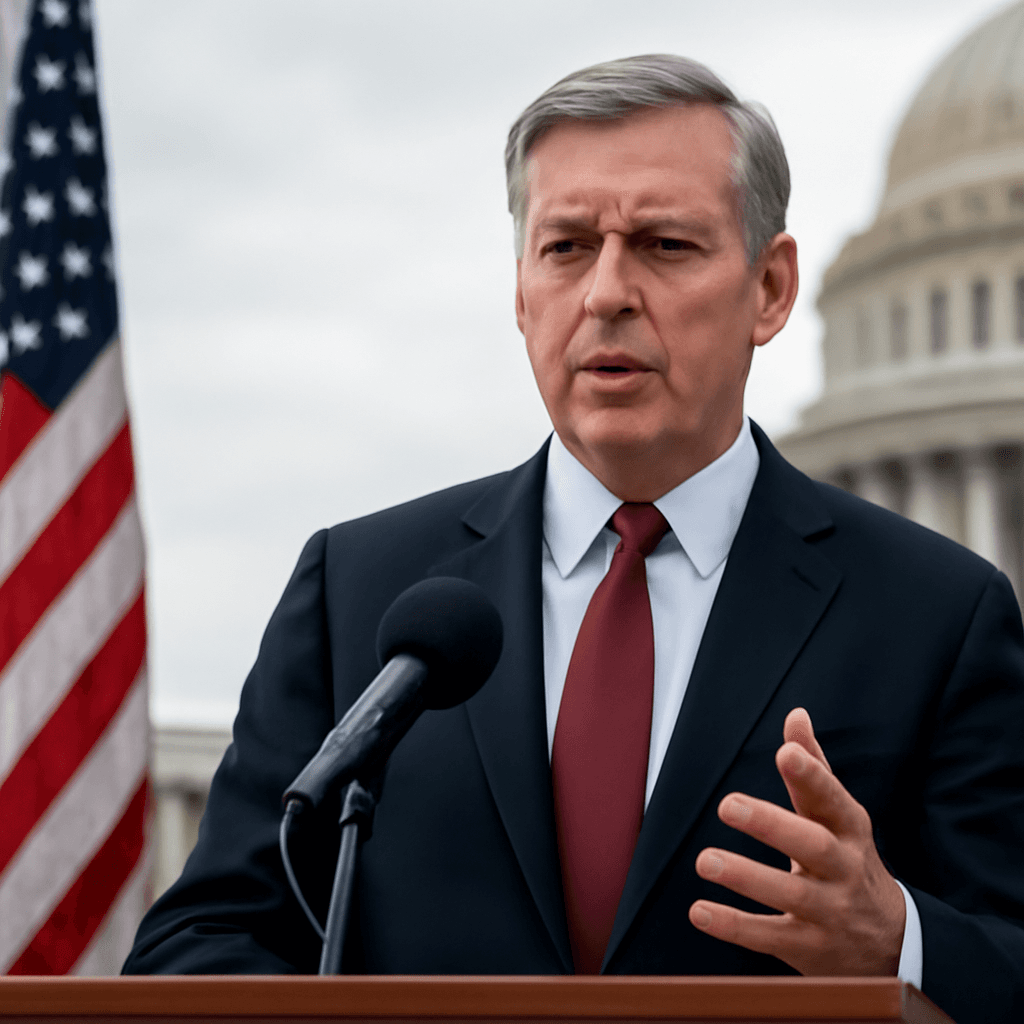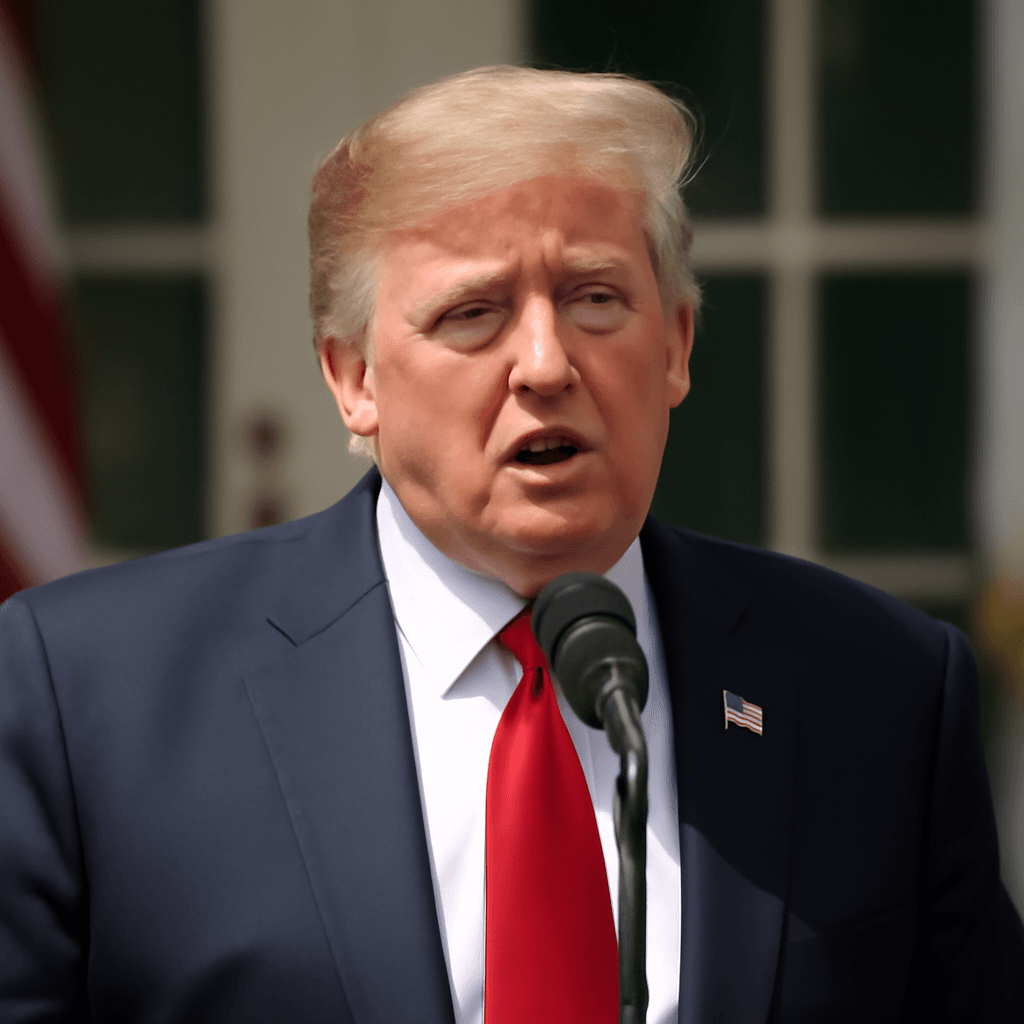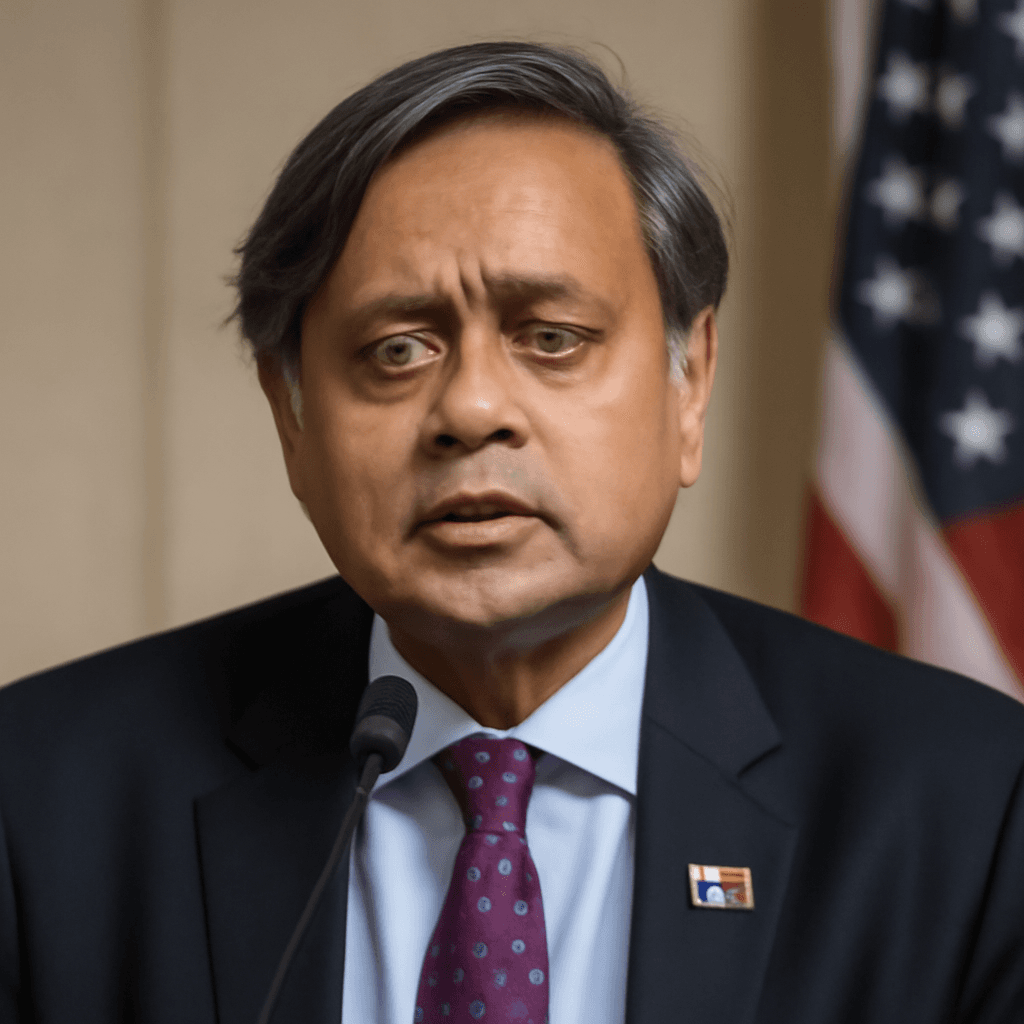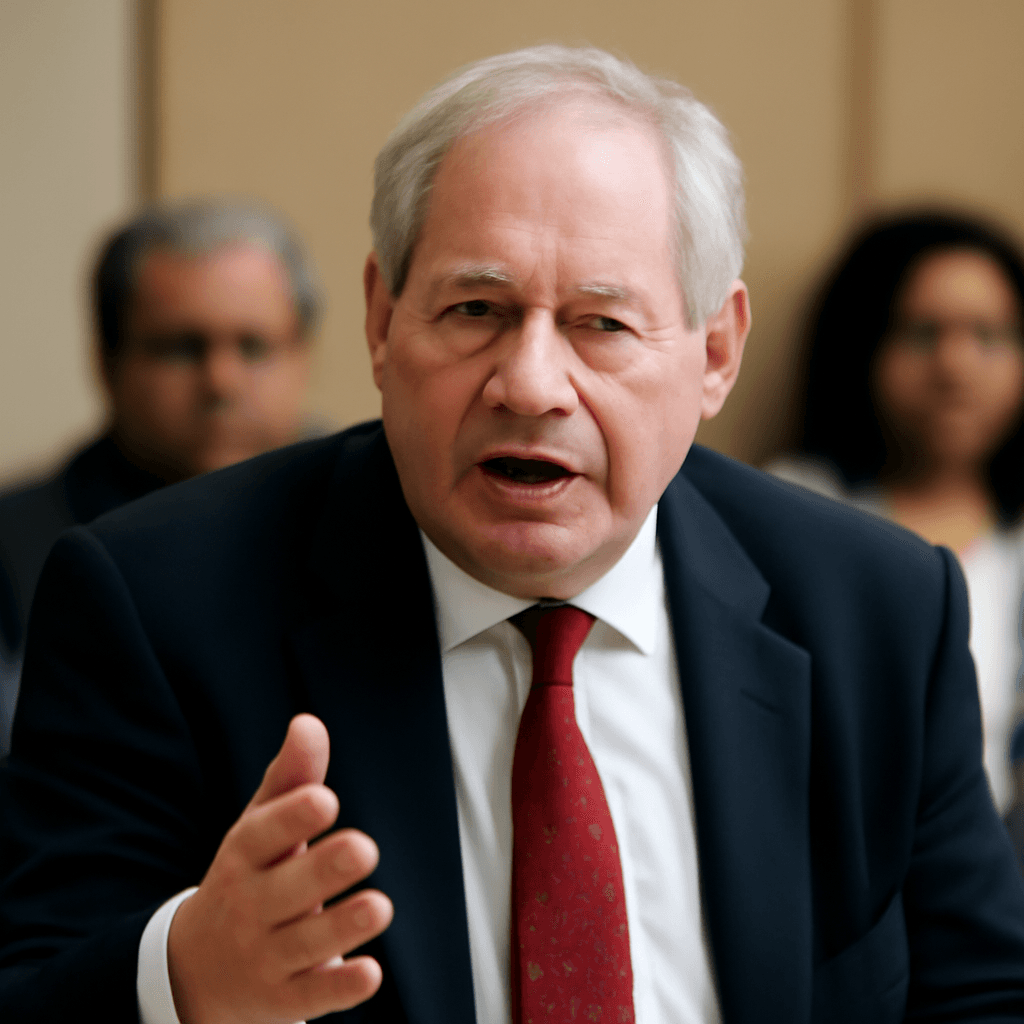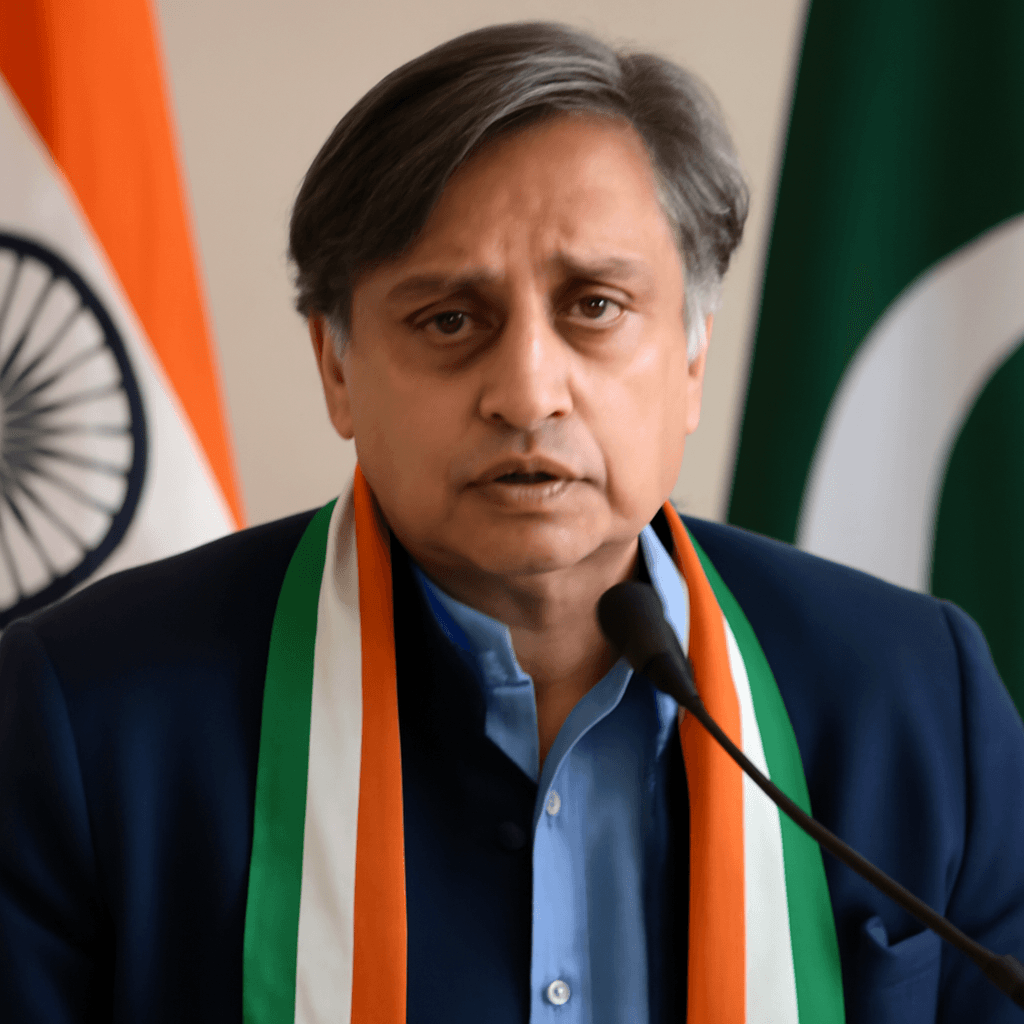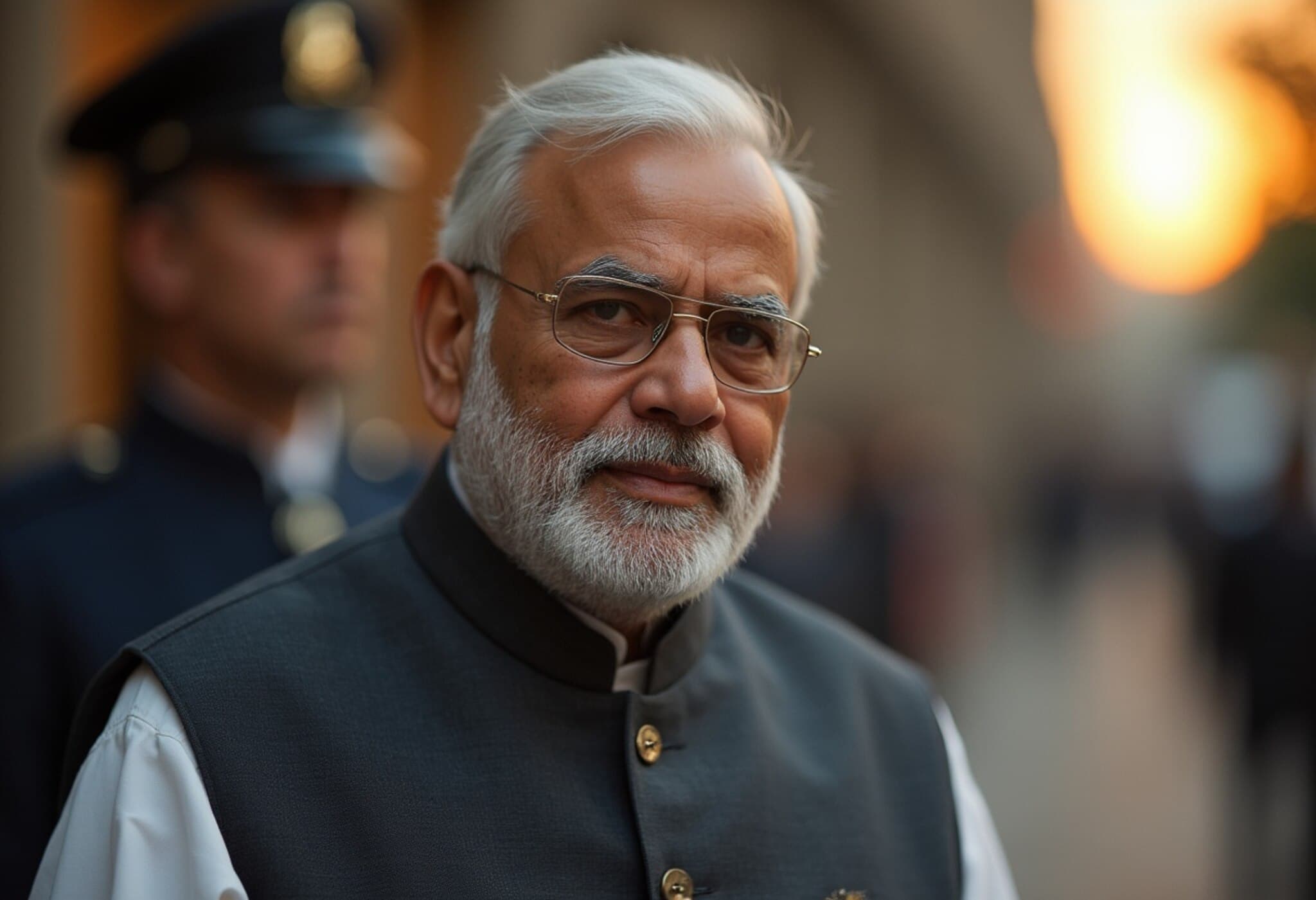Pakistan's Diplomatic Campaign Amidst Tensions with India
In the wake of escalating tensions following a terrorist attack in Jammu and Kashmir's Pahalgam, Pakistan has initiated a comprehensive diplomatic campaign aimed at reshaping international perceptions and countering India’s diplomatic initiatives.
Dual Diplomatic Missions
Under the leadership of Prime Minister Shehbaz Sharif, Pakistan dispatched two diplomatic teams simultaneously to multiple global capitals. The first delegation, a nine-member team led by former Foreign Minister Bilawal Bhutto Zardari, is visiting key cities including New York, Washington DC, London, and Brussels. This group comprises prominent politicians and seasoned diplomats poised to advocate Pakistan's narrative regarding the recent conflict.
Meanwhile, a separate delegation, headed by Special Assistant to the Prime Minister Syed Tariq Fatemi, is tasked with engagements in Moscow. These missions aim to engage international organizations, think tanks, diaspora communities, and government officials to present Pakistan’s perspective and promote dialogue over confrontation.
Background of the Indo-Pak Conflict
The diplomatic push follows the April 22 terrorist attack in Pahalgam, which resulted in the death of 26 civilians. India holds the Pakistan-based terrorist group Jaish-e-Mohammed responsible for the assault. In response, India conducted precision strikes on terrorist camps across the Line of Control (LoC) in early May.
Subsequently, Pakistan attempted retaliatory attacks on Indian military infrastructure, which were effectively repelled, maintaining India’s air superiority. A fragile ceasefire was restored on May 10 following direct talks between military officials from both countries.
Pakistan’s Diplomatic Challenges in Southeast Asia
Pakistan's efforts to obstruct an Indian parliamentary delegation's activities in Malaysia by invoking Islamic solidarity were unsuccessful. The Indian delegation, comprising multiple political parties, proceeded with its diplomatic engagements uninterrupted.
The delegation’s visits to Indonesia, South Korea, Japan, Singapore, and Malaysia were focused on exposing Pakistan's alleged support for terrorism and garnering international backing. Pakistan’s attempts to leverage the Kashmir issue failed to generate significant support from the host nations.
International Platforms and Pakistan’s Limited Success
Despite active diplomacy, Pakistan’s efforts have not yielded substantive support on key international platforms. It remains on the Financial Action Task Force (FATF) grey list, with no advancement on India’s demand for blacklisting.
The Group of Seven (G7) has refrained from issuing a unified condemnation of Pakistan, although some member countries have made generalized statements against terrorism. Notably, India was excluded from the 2025 G7 summit for the first time in five years amid strained bilateral relations with the host country.
Pakistan holds significant roles in the United Nations for 2025, including chairing the Taliban Sanctions Committee and vice-chairing the Counter-Terrorism Committee, positioning it as a key player in international security discussions.
Indian Delegation’s Reflections on Global Support
Leaders of the Indian parliamentary delegation reported widespread international condemnation of the Pahalgam terrorist attack and solid support for India’s stance against terrorism. Key takeaways from their trip include:
- National Unity: A united front across India against terrorism.
- Global Denouncement: Strong condemnations of terrorism from all countries visited.
- Targeted Response: India's strikes were precise and restrained, focusing solely on terrorist infrastructure.
- Normalization: Jammu and Kashmir’s situation is stabilizing with restoration of flights and local governance.
- Action Against Pakistan: Continued calls for FATF action against Pakistan.
This diplomatic engagement underscores India’s effort to build a global consensus against terrorism and pressure Pakistan to take meaningful action.


